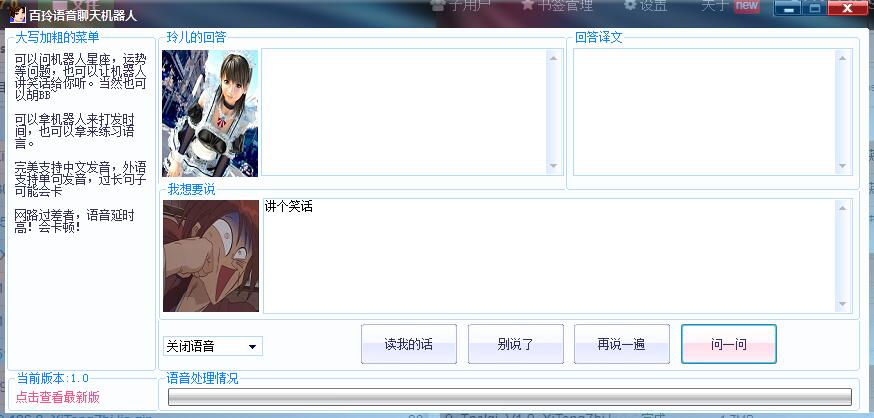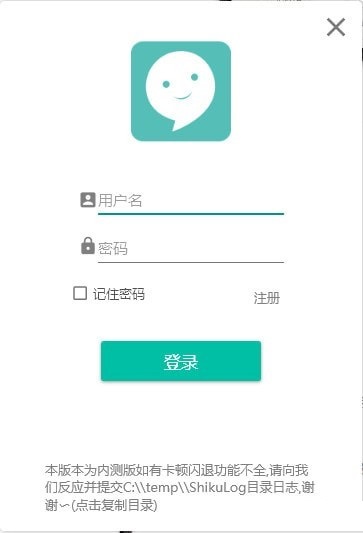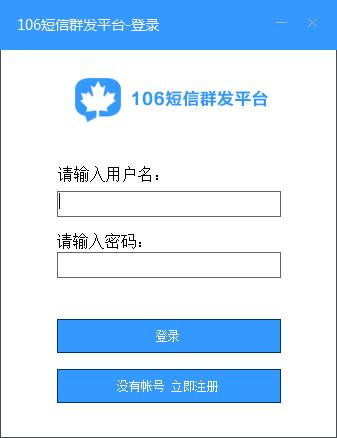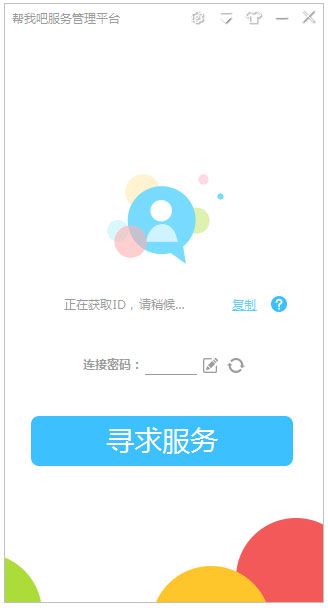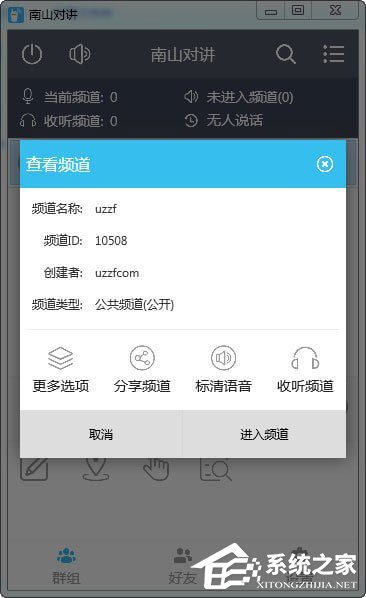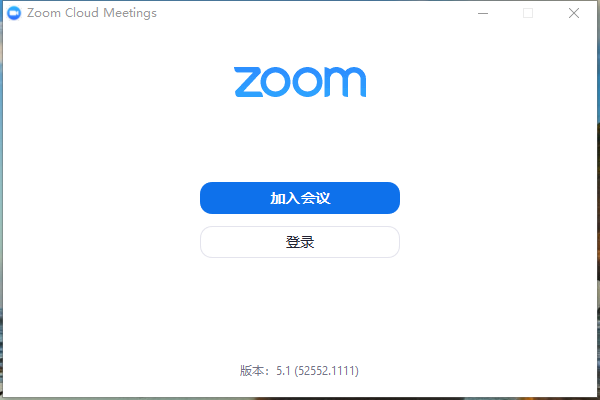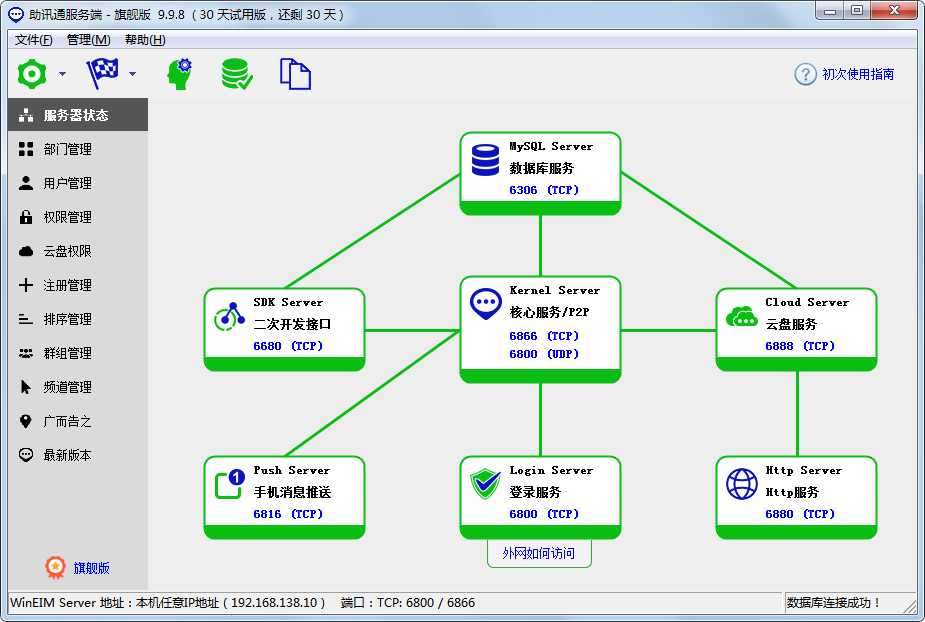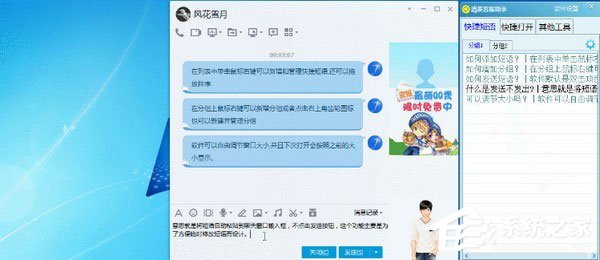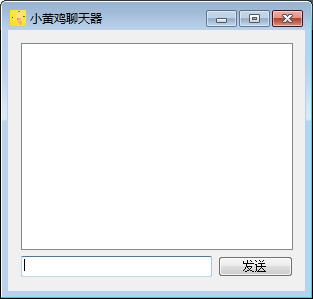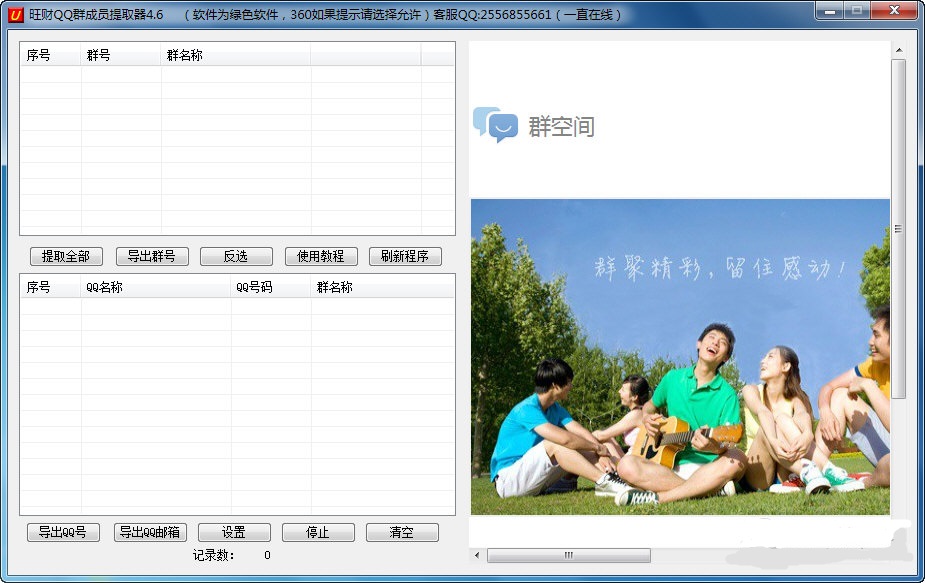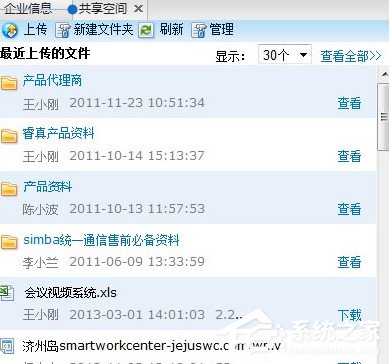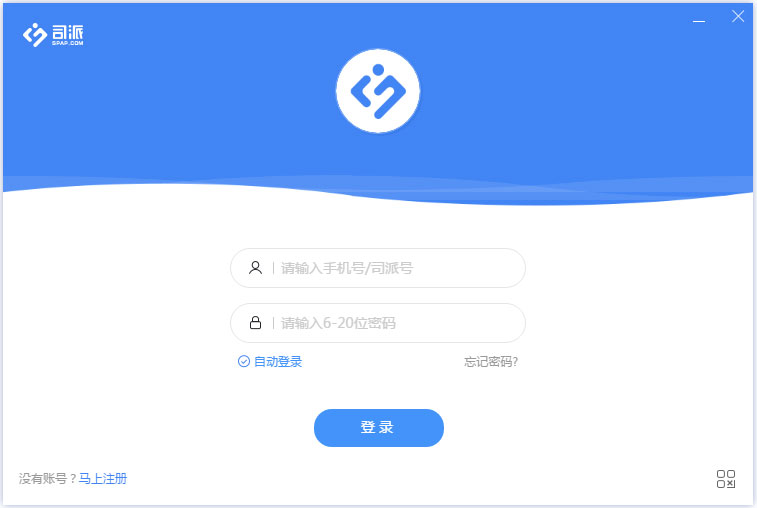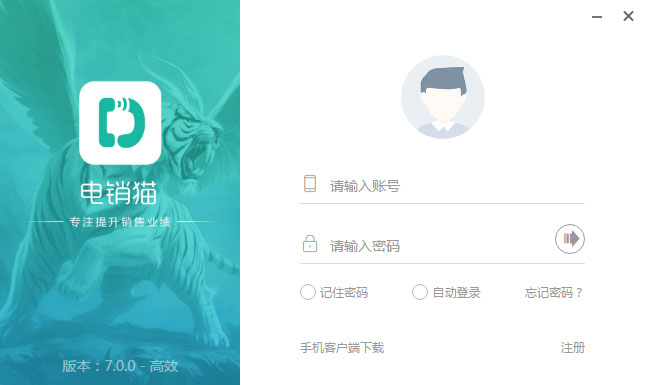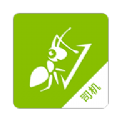在鸿蒙中实现类似瀑布流效果
时间:2022-05-11 11:24
简介
鸿蒙OS 开发SDK中对于长列表的实现ListContainer的实现较为简单,没法想RecyclerView一样通过使用不同的LayoutManager来实现复杂布局因此没法快速实现瀑布流效果。
但鸿蒙OS也都支持控件的Measure(onEstimateSize),layout(onArrange) 和事件的处理。完全可以在鸿蒙OS中自定义一个布局来实现RecyclerView+LayoutManager的效果,以此来实现瀑布流等复杂效果。
自定义布局
对于鸿蒙OS自定义布局在官网上有介绍,主要实现onEstimateSize来测量控件大小和onArrange实现布局,这里我们将子控件的确定和测量摆放完全交LayoutManager来实现。同时我们要支持滑动,这里用Component.DraggedListener实现。因此我们的布局容器十分简单,调用LayoutManager进行测量布局,同时对于滑动事件,确定滑动后的视窗,调用LayoutManager的fill函数确定填满视窗的子容器集合,然后触发重新绘制。核心代码如下
| 1 2 3 4 5 6 7 8 9 10 11 12 13 14 15 16 17 18 19 20 21 22 23 24 25 26 27 28 29 30 31 32 33 34 35 36 37 38 39 40 41 42 43 44 45 46 47 48 49 50 51 52 53 54 55 56 57 58 59 60 61 62 63 |
public class SpanLayout extends ComponentContainer implements ComponentContainer.EstimateSizeListener,
ComponentContainer.ArrangeListener, Component.CanAcceptScrollListener, Component.ScrolledListener, Component.TouchEventListener, Component.DraggedListener {
private BaseItemProvider mProvider;
public SpanLayout(Context context) {
super(context);
setEstimateSizeListener(this);
setArrangeListener(this);
setDraggedListener(DRAG_VERTICAL,this);
}
@Override
public boolean onEstimateSize(int widthEstimatedConfig, int heightEstimatedConfig) {
int width = Component.EstimateSpec.getSize(widthEstimatedConfig);
int height = Component.EstimateSpec.getSize(heightEstimatedConfig);
setEstimatedSize(
Component.EstimateSpec.getChildSizeWithMode(width, widthEstimatedConfig, EstimateSpec.UNCONSTRAINT),
Component.EstimateSpec.getChildSizeWithMode(height, heightEstimatedConfig, EstimateSpec.UNCONSTRAINT));
mLayoutManager.setEstimateSize(widthEstimatedConfig,heightEstimatedConfig);
// measureChild(widthEstimatedConfig,heightEstimatedConfig);
return true;
}
@Override
public boolean onArrange(int left, int top, int width, int height) {
//第一次fill,从item0开始一直到leftHeight和rightHeight都大于height为止。
if(mRecycler.getAttachedScrap().isEmpty()){
mLayoutManager.fill(left,top,left+width,top+height,DIRECTION_UP);
}
// removeAllComponents(); //调用removeAllComponents的话会一直出发重新绘制。
for(RecyclerItem item:mRecycler.getAttachedScrap()){
item.child.arrange(item.positionX+item.marginLeft,scrollY+item.positionY+item.marginTop,item.width,item.height);
}
return true;
}
@Override
public void onDragStart(Component component, DragInfo dragInfo) {
startY = dragInfo.startPoint.getPointYToInt();
}
@Override
public void onDragUpdate(Component component, DragInfo dragInfo) {
int dt = dragInfo.updatePoint.getPointYToInt() - startY;
int tryScrollY = dt + scrollY;
startY = dragInfo.updatePoint.getPointYToInt();
mDirection = dt<0?DIRECTION_UP:DIRECTION_DOWN;
mChange = mLayoutManager.fill(0, -tryScrollY,getEstimatedWidth(),-tryScrollY+getEstimatedHeight(),mDirection);
if(mChange){
scrollY = tryScrollY;
postLayout();
}
}
}
|
瀑布流LayoutManager
LayoutManager主要是用来确定子控件的布局,重点是要实现fill函数,用于确认对于一个视窗内的子控件。
我们定义一个Span类,来记录某一列瀑布当前startLine和endLine情况,对于spanNum列的瀑布流,我们创建Span数组来记录情况。
例如向上滚动,当一个子控件满足bottom小于视窗top时需要回收,当一个子控件的bottom小于视窗的bottom是说明其下方需有子控件填充。由于瀑布流是多列的且每个子控件高度不同,因此我们不能简单的判断当前显示的第一个子控件是否要回收,最后一个子控件下方是否需要填充来完成充满视窗的工作。我们用while循环+双端队列,通过保证所有的Span其startLine都小于视窗top,endLine都大于视窗bottom来完成充满视窗的工作。核心fill函数实现如下:
| 1 2 3 4 5 6 7 8 9 10 11 12 13 14 15 16 17 18 19 20 21 22 23 24 25 26 27 28 29 30 31 32 33 34 35 36 37 38 39 40 41 42 43 44 45 46 47 48 49 50 51 52 53 54 55 56 57 58 59 60 61 62 63 64 65 66 67 68 69 70 71 72 73 74 75 76 77 78 79 80 81 82 83 84 85 86 87 88 89 90 91 92 93 94 95 96 97 98 99 100 101 102 103 104 105 106 107 108 109 |
public synchronized boolean fill(float left,float top,float right,float bottom,int direction){
int spanWidth = mWidthSize/mSpanNum;
if(mSpans == null){
mSpans = new Span[mSpanNum];
for(int i=0;i |
Item回收
对于长列表,肯定要有类似于RecyclerView的回收机制。item的回收和复原在LayoutManager的fill函数中触发,通过Reycler实现。
简单的使用了mAttacthedScrap来保存当前视窗上显示的Item和mCacheScrap来保存被回收的控件。这里的设计就是对RecyclerView的回收机制的简化。
不同的是参考Flutter中三棵树的概念,定义了RecycleItem类,用来记录每个Item的左上角坐标和宽高值,只有在视窗上显示的Item会绑定组件。由于未绑定组件时的RecycleItem是十分轻量级的,因此内存的损耗基本可以忽略。我们用mAllScrap来按顺序保存所有的RecycleItem对象,用来复用。当恢复一个mAllScrap中存在的Item时,其坐标和宽高都已经确定。
Recycler的实现核心代码如下:
| 1 2 3 4 5 6 7 8 9 10 11 12 13 14 15 16 17 18 19 20 21 22 23 24 25 26 27 28 29 30 31 32 33 34 35 36 37 38 39 40 41 42 43 44 45 46 47 48 49 50 51 52 53 54 55 56 57 58 59 60 61 62 63 64 65 66 67 68 69 70 71 72 73 74 75 76 77 78 79 80 81 |
public class Recycler {
public static final int DIRECTION_UP = 0;
public static final int DIRECTION_DOWN = 2;
private ArrayListnew ArrayList<>();
private LinkedListnew LinkedList<>();
private LinkedListnew LinkedList
private BaseItemProvider mProvider;
private SpanLayout mSpanLayout;
private int direction = 0;
public Recycler(SpanLayout layout, BaseItemProvider provider) {
this.mSpanLayout = layout;
this.mProvider = provider;
}
public ArrayList
return mAllScrap;
}
public LinkedList
return mAttachedScrap;
}
public void cacheItem(int index, RecyclerItem item) {
mAllScrap.add(index, item);
}
public void attachComponent(RecyclerItem item) {
mAttachedScrap.add(item);
}
public Component getView(int index, ComponentContainer container) {
Component cache = mCacheScrap.poll();
return mProvider.getComponent(index, cache, container);
}
public void addItem(int index,RecyclerItem item) {
mAllScrap.add(index,item);
}
public void attachItemToEnd(RecyclerItem item) {
mAttachedScrap.add(item);
}
public void attachItemToStart(RecyclerItem item) {
mAttachedScrap.add(0,item);
}
public void recycle(RecyclerItem item) {
mSpanLayout.removeComponent(item.child);
mAttachedScrap.remove(item);
mCacheScrap.push(item.child);
item.child = null;
}
public void recoverToEnd(RecyclerItem item) {
Component child = mProvider.getComponent(item.index, mCacheScrap.poll(), mSpanLayout);
child.estimateSize(
Component.EstimateSpec.getSizeWithMode(item.width, Component.EstimateSpec.preCISE),
Component.EstimateSpec.getSizeWithMode(item.height, Component.EstimateSpec.preCISE)
);
item.child = child;
mAttachedScrap.add(item);
mSpanLayout.addComponent(child);
}
public void recoverToStart(RecyclerItem item) {
Component child = mProvider.getComponent(item.index, mCacheScrap.poll(), mSpanLayout);
child.estimateSize(
Component.EstimateSpec.getSizeWithMode(item.width, Component.EstimateSpec.preCISE),
Component.EstimateSpec.getSizeWithMode(item.height, Component.EstimateSpec.preCISE)
);
item.child = child;
mAttachedScrap.add(0,item);
mSpanLayout.addComponent(child);
}
}
|
总结
鸿蒙OS的开发SDK中基础能力都已经提供全面了,完全可以用来实现一些复杂效果。这里实现的SpanLayout+LayoutManager+Recycler的基本是一个完整的复杂列表实现,其他布局效果也可以通过实现不同的LayoutManager来实现。
完整代码在本人的码云项目上 ,在com.profound.notes.component包下,路过的请帮忙点个star。
原文链接:
原作者:zjwujlei

